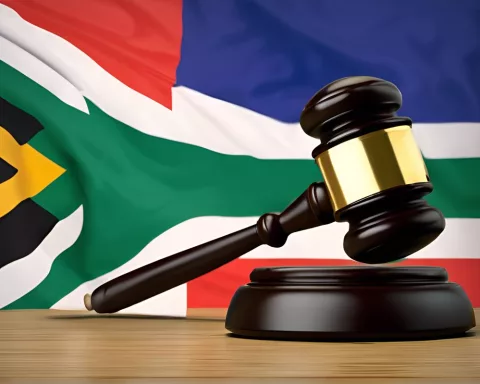Slow Progress Toward Addressing Inequalities
Despite the establishment of monitoring and reporting mechanisms for employment equity, the EEA’s impact has not achieved its intended goals after 25 years. The representation of previously disadvantaged individuals in senior management positions and specific industries remains inadequate, and corporate South Africa reflects the economically privileged population rather than the economically active one.
Disproportionate Focus on Resisting the EEA’s Process and Structure
Although the government and regulators have implemented sectoral targets with potential punitive measures for non-compliance to address the issue, there has been a disproportionate focus on resisting the EEA’s process and structure rather than fostering collaboration and innovation to accelerate transformation.
Addressing the Resistance to Strategies Promoting Workplace Equality
To understand the underlying reluctance of some employers to embrace the EEA’s spirit, it is necessary to explore the deeply held fears, resentments, prejudices, and biases that may not be openly acknowledged but are tangible and contribute to the resistance. The EEA is a tool for transformation and social justice, and its effectiveness depends on its users, who must actively learn and leverage it for change.
Employment Equity as a Human Rights Issue
Employment equity is not only about legislative compliance or numbers but also about the human beings who have suffered and continue to endure marginalization and exclusion. It is about young people with little hope for the future due to scarce employment opportunities and children subjected to racist bullying in schools. Addressing these issues requires a deep sense of humanity and confronting the real conversation of what true humanization entails.
Acknowledging Shared Humanity for Social Justice
The limited impact of the EEA is a reflection of our collective failure to recognize and address the human aspect of employment equity. To achieve tangible social justice impacts and realize the EEA’s intent, we must connect with the spirit of the anti-apartheid youth, who were driven by passion, principle, and an unwavering belief in human rights. Only by acknowledging our shared humanity can we honor their sacrifices and transform South Africa into an inclusive society.
Reflecting on the spirit of the Employment Equity Act in the context of June 16 requires a deep appreciation for our shared humanity. By addressing the underlying resistance and recognizing employment equity as a human rights issue, we can accelerate transformation and achieve tangible social justice impacts. Only then can the legacy of the anti-apartheid youth live on in a transformed and inclusive South Africa.












